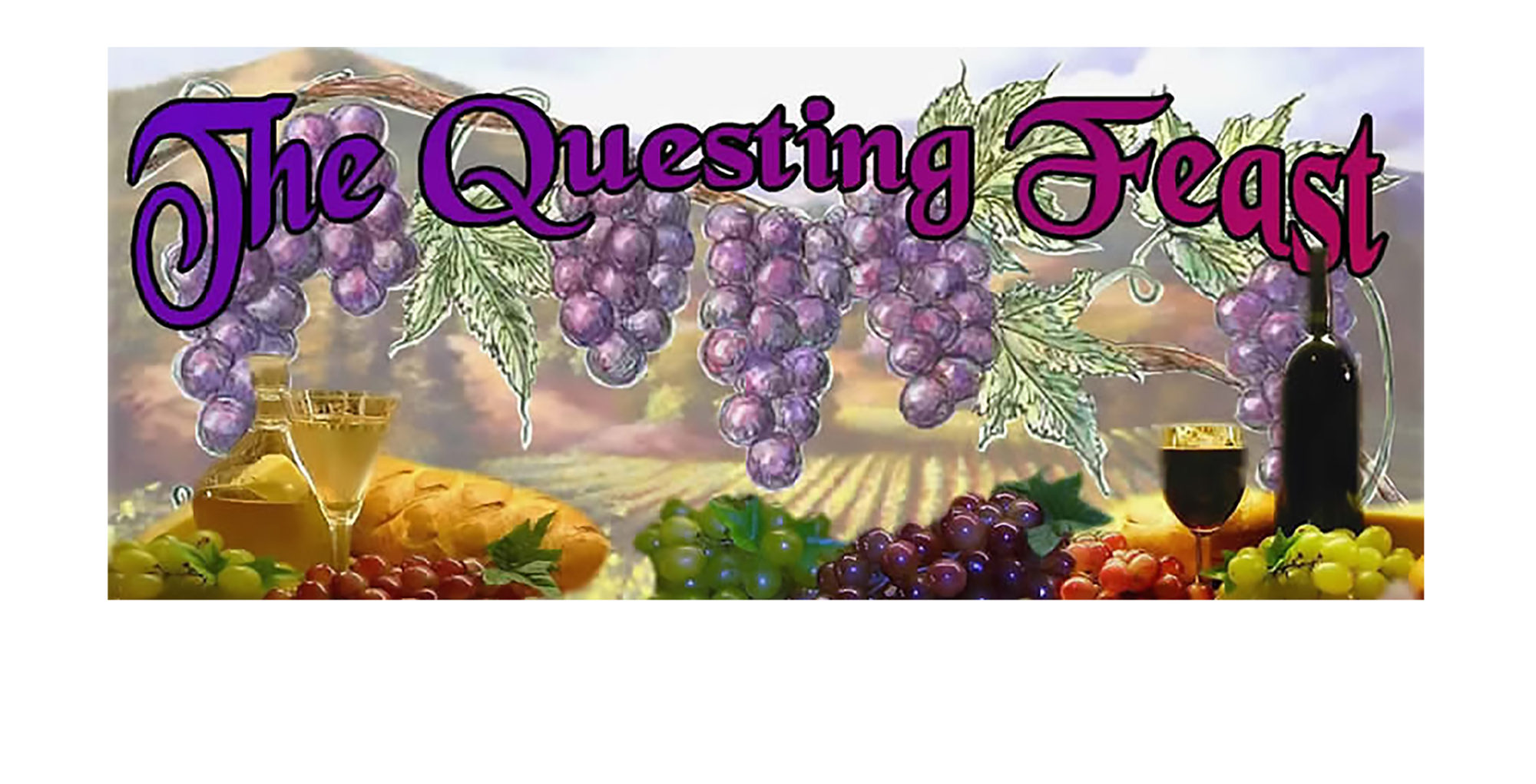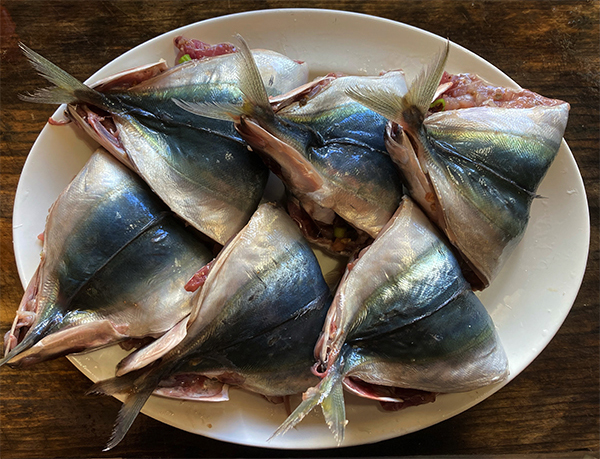Editorial by Leilehua Yuen
This post was inspired by a recent discussion of casual racism in icebreakers. Most of the people I work with have had to deal with corporate get-togethers and company team-building events. Icebreakers are a common form of bonding used in these scenarios, and food is a popular topic for icebreaker questions. So, I thought it would be a perfect topic for this blog.
It is common to ask about what each person eats. This can become a delightful exchange of familial and cultural traditions and enhance group cohesion, or it can create an exclusionary racist environment. Unfortunately, far too often it devolves into the latter, with the majority being asked, “What do YOU eat,” and, say, a Hawaiian being asked, “And what do HAWAIIANS eat?”
What? As a Native Hawaiian I speak for the dietary preferences of all Hawaiians? Let me have the same respect for my individuality as you give the rest of the people in the group.
How would you like it if I said, “Kanani, what do you like to eat for breakfast?” “Mei Li, what do you like to eat?” “Jin Huei, what do you like to eat?” “Fred, what do Americans eat?”
The questions used by the group moderator will set the tone, and so should be chosen with care. Always focus on the individual and connection, rather than exclusion. Shun stereotypes.
It is hurtful when a question is framed one way for the majority of the students, and differently for minority students, who often are POC. When they are required to answer a question which is different from that of their majority group peers, it identifies them as outside the group. It demonstrates that the group does not consider them individuals, but as an interchangeable units in a stereotype of their presumed culture. This is hurtful and demeaning.
How the moderator responds to the answers also is important. When replying to the answer, never, ever call another person’s foods “strange,” “odd,” “weird,” or by any other demeaning terms. Every culture has food preferences that are strange to other cultures. But in most cultures, people are taught to be polite and not announce that they think the food of other people is disgusting.
Please be sure to phrase your questions with care, and to be inclusive.
Some suggested questions:
- “What is your favorite food memory from childhood? Since becoming an adult?”
- “When you are away from home, what food do you most miss? Why?”
- “What is your favorite comfort food? Why?”
- “What is your favorite meal to prepare? Why?”
- “If you were a fruit or vegetable, which would you be? Why?”
- “Do you post meals to social media? Why?”
- “Do you have a signature dish you take to potlucks or prepare for friends? What is it? How did you learn it? Would you share the recipe?”
- “Do you prefer to cook or eat out? Why?”
As you can see, all of these questions are inclusive and allow the answerer latitude in answering so the group can learn more about each individual.
Before asking the first question, you may wish to preface the exercise with something like the following:
“Everyone has their own favorite foods, and what we enjoy is based on all of our previous experiences growing up, eating with family and friends, and what has been available to us. The fact that we are gathered here means that the food we ate gave us the strength and energy to come this far on each of our journeys. Let’s share a little about the amazing gifts of this planet that literally made us into the people we are today.”
Resources
Racial Microaggressions and the Asian-American Experience
Unmasking ‘racial micro aggressions’
Be Gentle With Your Asian Friends, Microaggressions Hurt Us Too
Culinary Racial Micro-Aggressions
Verbal jiujitsu, disarming and other tips for dealing with microaggressions
Microaggressions are a big deal: How to talk them out and when to walk away
Shifting mediates gendered racial microaggressions and perceived racism among Asian American women


